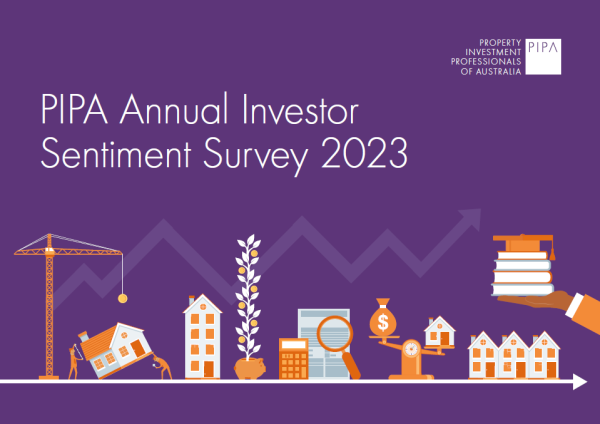How property investments can deliver a tax time bonus
Jun 2021Karen Millers
Categories
Location ReportsMedia releasesNational market updatesPersonal advisersPIPA AdviserPIPA Annual Investor Sentiment SurveysPIPA Member ProfilesPIPA video updatesPIPA webinarsPodcastsProperty advisersProperty newsLatest Articles
Rent rises ease but crisis’ link to population density found to be tenuous
Jordan van den Berg: The ‘Robin Hood’ TikToker taking on Australian landlords
Victorian property investors face yet another new property tax as council tests levy
Rentvesting in Australia: A deep dive
‘More chance of winning lotto’ than housing targets being met
Soaring house prices have given most of Australia’s 2.2 million property investors a financial boost this year, and some clever tax moves in the next two weeks can make them even more money.
The end of June offers a unique time for investors to pay expenses now and then claim a tax deduction for it just a few weeks later.
From maintenance and repairs to insurance and council rates, there’s a wide range of deductible payments.
Property Investment Professionals of Australia chairman Peter Koulizos recommends speaking with your accountant to discuss what’s possible before this financial year ends in a fortnight.
“You want to be as well prepared as possible when 30 June comes along because there’s no turning back the clock on some things,” he says.
Here’s the expert guide to the big tax deductions that investors often fail to maximise.
PREPAY NOW
“You could pay a bill on June 30 then claim it back from July 1, and prepay some interest in June then claim it back in July.”
Real estate investor Prue Muirhead, who owns 16 positively-geared properties and runs a property management business, says she uses the flexibility of prepaying investment loan interest to “optimise our tax savings”.
Some investors pay their annual landlord insurance premium just before the end of each financial year, and Muirhead is closely watching her insurance costs following a turbulent 2020.
“There were many of our insurance policies paid during the height of Covid that were changed, even when we renewed with the same insurer,” she says.
DON’T IGNORE DEPRECIATION
Depreciation is a deduction for the declining value of a property’s carpets, curtains and other fittings, and even its bricks and mortar, but because investors don’t physically pay the money they often under-claim.
The Australian Taxation Office has free 52-page guide, Rental Properties 2021, that also helps explain the rules
Research by BMT Tax Depreciation compared its clients’ deductions with ATO data and found that 70 to 80 per cent of Australian investors don’t maximise their claims.
BMT managing director Bradley Beer many investors “may claim something” but miss out on all the depreciation deductions they’re entitled to.
“The average first-year deduction last year (for BMT clients) was $9000,” he says.
A depreciation report from a quantity surveyor typically costs about $700, which is itself tax deductible, and while government rule changes in 2017 stopped some items being deducted, the large capital works deduction available for construction costs remains.
“Any quantity surveyor should be able to see some pictures of your property, and with a couple of questions be able to identify if it’s worth doing,” Beer says.
Investors can also amend tax returns going back two years, so it’s worth acting fast, he says.
Property management firm: Different’s head of leasing, Kasey McDonald, says accountants view depreciation reports “very favourably”.
QUICK FIXES
McDonald says maintenance such as servicing airconditioners and cleaning out gutters can be done before June 30 to boost deductions.
“If they do it in July or August they have to wait another 12 months to make that claim,” she says.
“Where possible you should have most of your expenses being managed by your property manager – things like water rates and body corporate fees.”
Managers pay your bills out of rent received, and you get a nice clean summary of ins and outs at the end of the financial year.
BMT Tax Depreciation CEO Bradley Beer says many property investors under-claim.
DON’T FORGET THESE DEDUCTIONS
• Advertising for tenants
• Cleaning, gardening and pest control
• Bank charges and body corporate fees
• Property agent fees and commissions
• Council rates, land tax and water charges
• Quantity surveyor fees
Source: Australian Taxation Office
Anthony Keane, Daily Telegraph, 14 June 2021
https://www.dailytelegraph.com.au/lifestyle/smart/how-property-investments-can-deliver-a-tax-time-bonus/news-story/f7027e3be1e5408b819eeef2659a7ccc?btr=5be6ab1cc49f73dc1680ae0206818fd5




